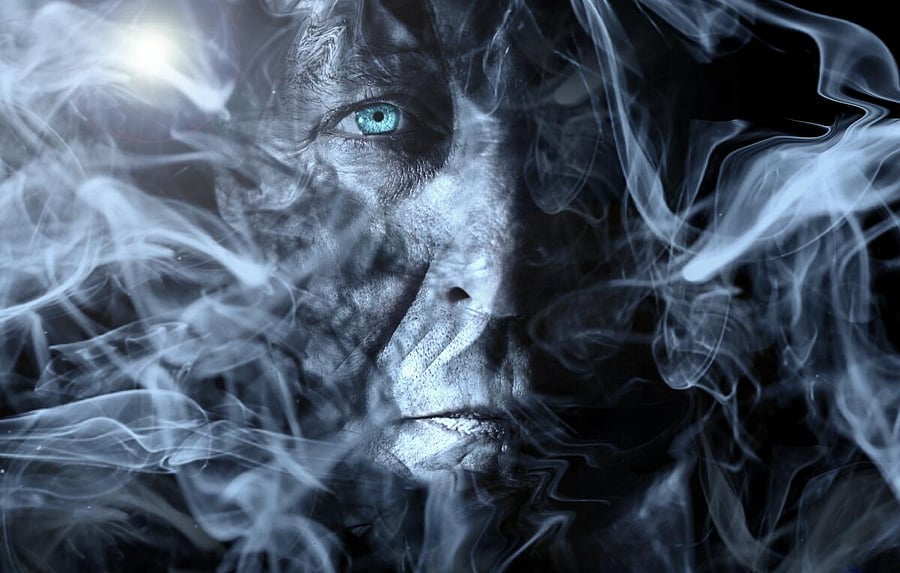
Current and former service men and women face an array of challenges including unpredictable deployments, exposure to injury, and isolation from family members. Post-deployment, veterans face numerous incitements that can make them more susceptible to alcoholism. This can range from mental health conditions to re-adjustment and reintegration back into civilian life. Whilst all men and women returning from service require treatment, sadly far too few veterans get access to the treatment they deserve. This might serve as a perpetrating factor in veterans trying to self-treat themselves by opting for alcohol. This thus worsens the risks associated with alcohol use among the veteran population in terms of homelessness, depression, self-harm/suicide.
Drinking is seen as decadent and as a part of their culture by many service members in active military roles. What they perceive as a pro-social catalyst is further supported by many restaurants and bars offering discounted alcohol prices for service members. According to the 2018 Health Related Behaviours Survey report, nearly 10% of military personnel across all branches are heavy drinkers.
Binge drinking is reported to be more common among military personnel with high combat exposure. A group of 1,100 soldiers who had been a part of an infantry team returning from deployment were reviewed in an alcohol consumption study. This study found a correlation between combat and alcohol misuse. Studies show that more than 65% of veterans who undertook addiction treatment, quoted alcohol as their primary substance. Over the past decade, there has been a steep increase in deployments to Iraq and Afghanistan. Reports indicate that one out of 10 veterans deployed to either of these places were diagnosed with alcohol/drug misuse, anxiety, depression, or chemical dependency after returning home.
Post-traumatic stress disorder (PTSD) is a severe anxiety condition experienced by military personnel due to exposure to explosions, gun fires, personal and peer grave injuries and decimation in profusion. Military sexual trauma (MST) inclusive of sexual harassment, assault or battery is directly linked to increased drinking. For instance, in a large study of military reservists, female reservists who had experienced high levels of feral MST were more likely to abuse alcohol than those who had experienced lower levels of MST. They usually turn to alcohol to forget the traumatic memories from MST and self-medicate the concurring depression. The assumed evanescent effect of alcohol contributes to the development of PTSD which is the most common disorder following MST.
Serotonin is the chemical that leads mood, memory, sleep, and appetite while norepinephrine, a stress hormone controls reactions to different situations. The levels of both — serotonin and norepinephrine are lowered when alcohol enters the body. This in turn can lead to depression posing a risk to self-harm and suicide.
When compared to the civilian population, the prevalence of PTSD and alcohol use disorder (AUD) has been found to be higher among the veteran populations. The risk for this is appurtenant to demographic factors. Research conducted into this remains limited. When considering differential risks, gender is associated with the same. Many male service members report more past-month binge drinking than female service members. Racial differences also seem to play a role. In a nationally representative sample of veterans, the lifetime prevalence was higher for Black (11%) and Native American Veterans (24%). Past year heavy drinking patterns were found to be similar across Hispanic (9%), White (9%) and African American (8%) groups. Age is also another involved demographic.
For example, a 2011 DOD survey found that 67% of past month heavy drinking endorsement was given by 18–25-year-olds, with junior enlisted service members experiencing more serious consequences from alcohol use including military punishment and arrest. Thus, this co-morbidity might be exacerbated among the over-represented young adult population within the military.
Veterans need holistic, integrated care to promote and sustain long-term recovery.
This shall also help strengthen the foundation for relapse prevention. Thus, programmes should provide treatment for co-occurring disorders coupled with specialised attention to veterans’ specific issues such as trauma.
(The author is a multidisciplinary professional who works in the UK.)